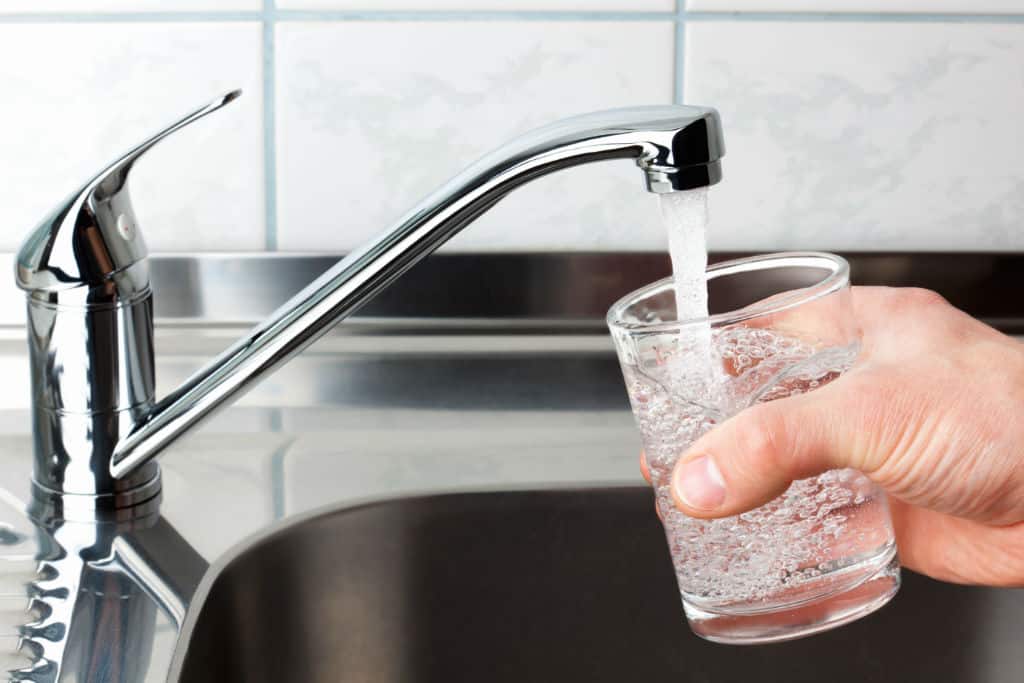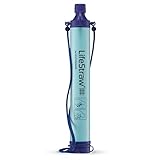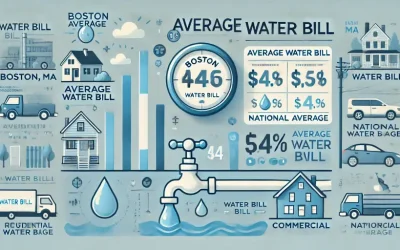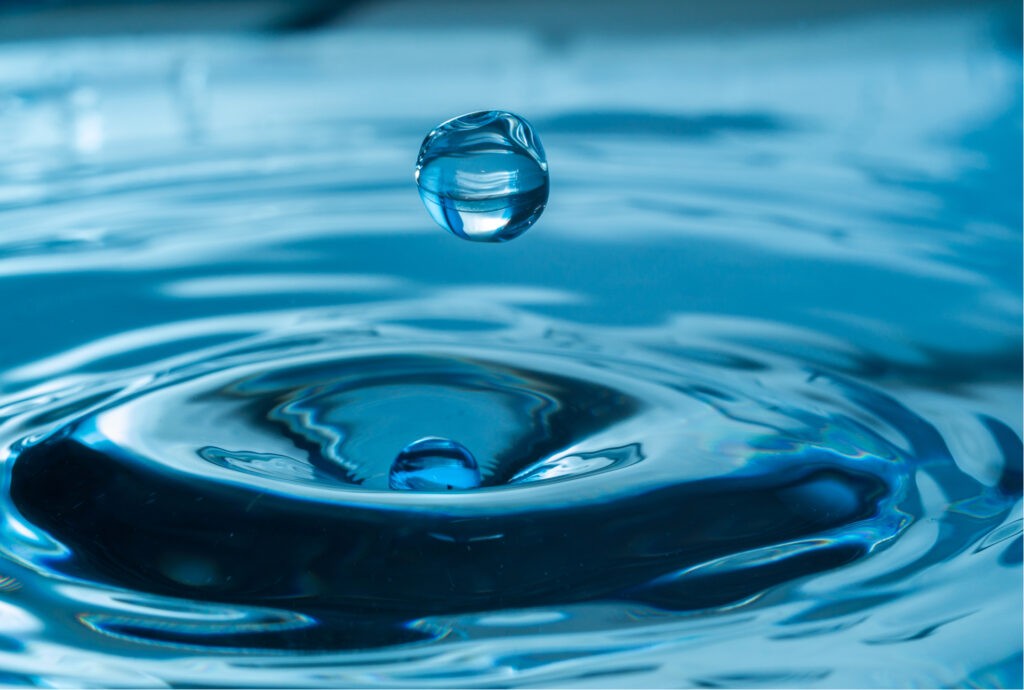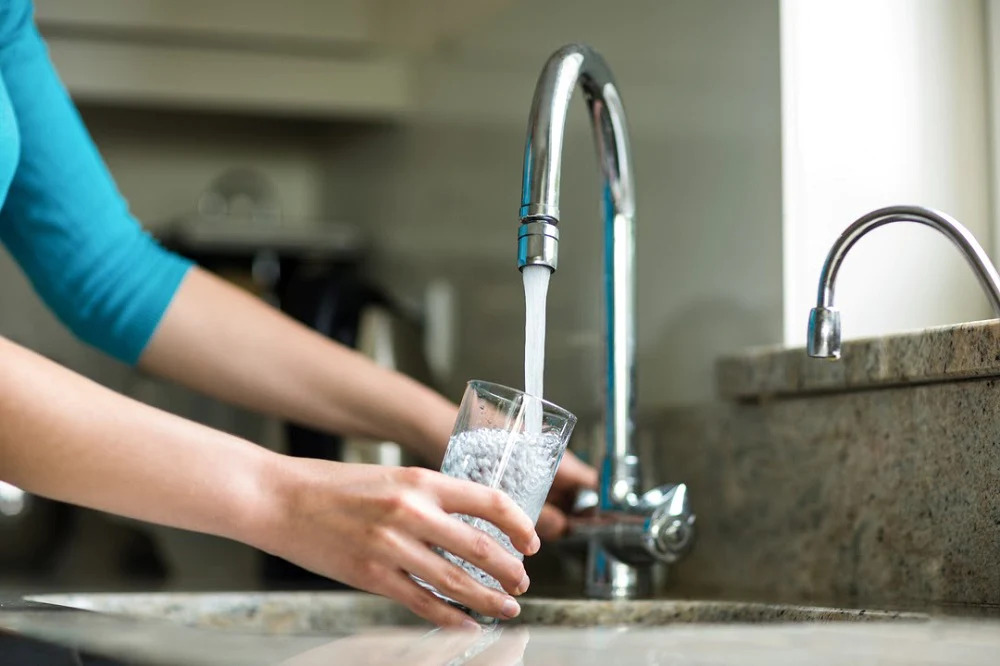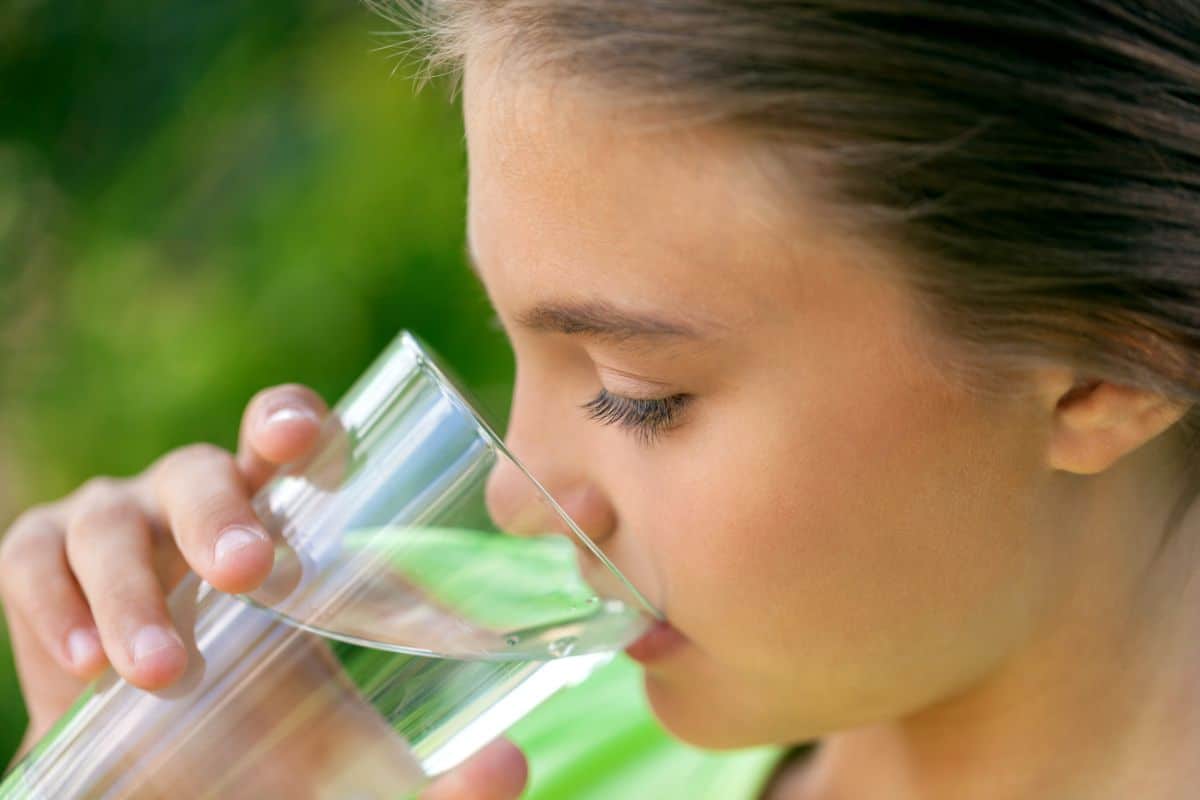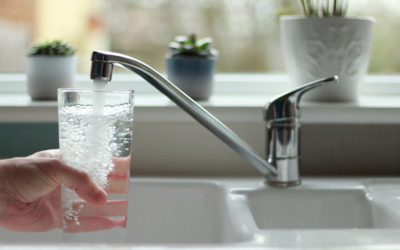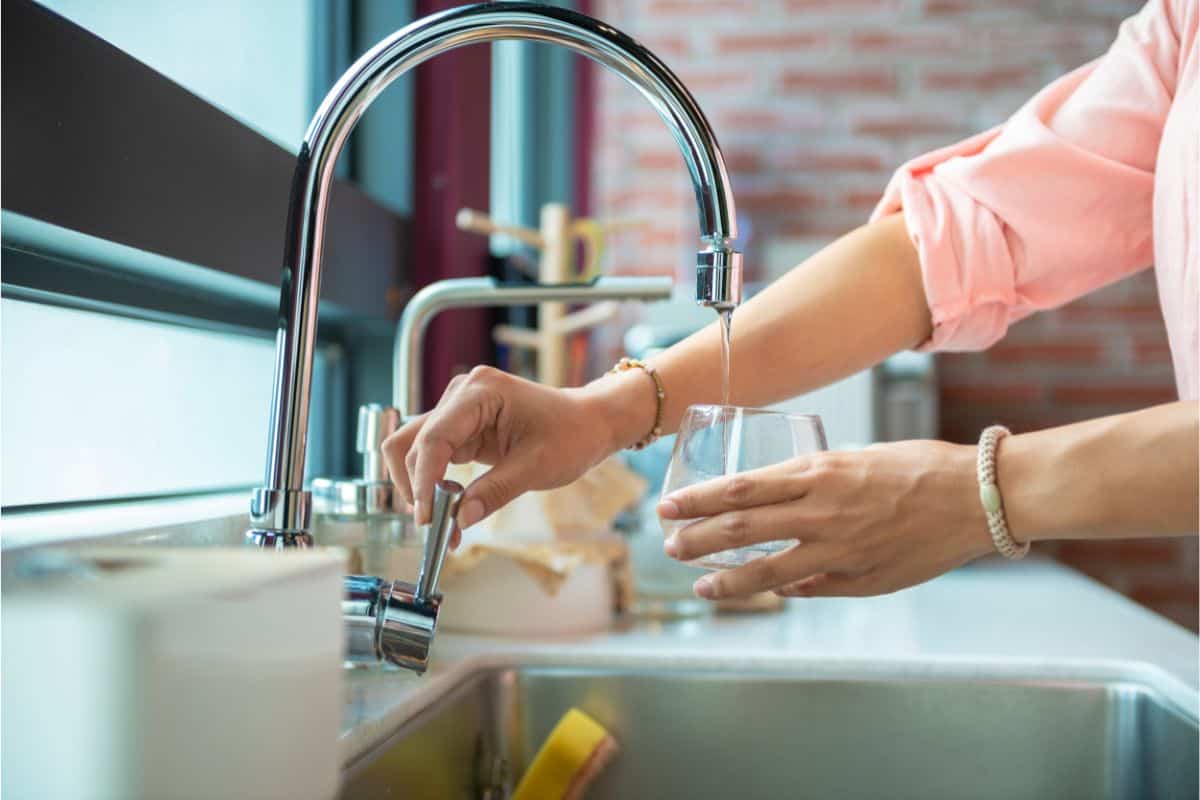Sure, you can drink tap water in Boston. But should you? That’s a different question altogether. Let’s take a closer look at the tap water situation in Boston and see if it’s safe to drink or not. Spoiler alert: it is! But you still need to know some things before you start sipping from the faucet. Keep reading to find out more.
Contents
Where does Boston tap water come from?
If you’re from Boston, you might not give much thought to where your tap water comes from. After all, it’s just water, right? WRONG.
The truth is, Boston’s tap water is some of the best in the country, and it all starts with the Quabbin and Wachusett reservoirs. These reservoirs, located west of the city, provide drinking water to Boston and surrounding areas.
Thanks to conservation efforts in the 1990s, these reservoirs still provide excellent water quality, requiring minimal treatment. The Massachusetts Water Resources Authority (MWRA) provides drinking water to 61 communities in the state, including Boston.
Water quality report for Boston tap water
The water quality in Boston is a constantly evolving issue, and it can be difficult to keep up-to-date with the latest numbers and figures. However, one resource that is always available is the city’s Water Quality Report, which provides a detailed breakdown of everything from pH levels to measured contaminant levels.
While many people might assume that being “below maximum allowable levels” means that their tap water is safe to drink, this isn’t necessarily the case.
For example, lead in tap water currently falls within EPA standards at up to 15ppb, but recent studies have shown that even low levels of lead exposure can be dangerous and cause significant health problems. In short, just meeting EPA standards doesn’t necessarily mean that your water is healthy or safe.
The EPA’s standards for drinking water are always evolving as we learn more about the long-term impacts of different chemicals.
Right now, they’re re-evaluating the rules around arsenic, lead, and copper. In addition, several “emerging” contaminants are not currently regulated but could be harmful.
For example, PFAS (Per- and polyfluoroalkyl substances) are called “forever chemicals” because they don’t break down in the environment or the human body.
The EPA has issued a health advisory for PFAS, but they’re not currently regulated. It’s important to stay up-to-date on the latest water quality reports to ensure your tap water is safe to drink.
Is there lead in Boston water?
Is there lead in Boston water? The answer appears to be no based on the EPA’s ECHO database. According to these statistics, 90% of samples taken from the Boston water system had lead levels below 0.00688 mg/L, which is well below the action level of 0.015 mg/L.
This means that only 10% of water samples in Boston contained more lead than this threshold, indicating that most residents can feel safe drinking their tap water without worrying about exposure to this harmful heavy metal.
However, it’s important to keep in mind that the amount of lead in water can vary greatly from city to city and even within different neighborhoods in the same city.
So while Boston water testing may have found 0.00688 mg/L of lead, that doesn’t necessarily mean that your water source has the same amount. If you’re concerned about lead in your water, the best thing is to contact your local water supplier and ask about their testing procedures and results.
Should you filter Boston’s tap water?
The answer to that question depends on several factors. First, it is important to consider the quality of the local tap water.
Some studies suggest that 94% of other water systems in the United States contain microplastics, which can be harmful if ingested. In addition, local pipes could be contaminated with lead, posing significant health risks.
But even if the tap water in your area is clean and safe to drink, there may still be reasons to filter it. For example, many people find the flavor and smell of unfiltered tap water unpleasant, especially during warmer months when chlorine is more heavily used in local treatment facilities.
Additionally, those with a sensitivity or allergy to chloramine may prefer to filter their drinking water.
Ultimately, whether or not you should filter Boston tap water depends on your own personal preferences and health needs. But with so many options available for Boston water filtration systems, it never hurts to explore your options and stay informed about the safety of your drinking water.
### Recent Concerns Boston, MA Tap Water Quality
In recent months, concerns have arisen regarding the quality of tap water in Boston, MA, primarily due to reports of contamination. One of the key issues reported is the presence of elevated lead levels in certain areas of the city, particularly affecting older neighborhoods with aging infrastructure. The Boston Water and Sewer Commission (BWSC) has identified these areas and is actively working to replace lead service lines as part of their ongoing efforts to enhance water safety.
In addition to lead, there have been isolated incidents of bacterial contamination, specifically E. coli, detected in water samples. This prompted temporary boil water advisories in affected neighborhoods to ensure public safety while the issues were being addressed. The Massachusetts Department of Environmental Protection (MassDEP) has been closely monitoring the situation, conducting regular testing, and coordinating with local authorities to manage and rectify these concerns.
In response, the city has increased public awareness campaigns, providing residents with guidelines on how to minimize exposure to contaminants. They have also accelerated infrastructure upgrades and expanded water testing programs to prevent future occurrences. These measures aim to reassure the community of the safety and quality of their tap water.
Boston Water Quality Concerns: Lead and Bacterial Contamination
https://www.bostonnewstoday.com/articles/boston-water-quality-lead-bacteria
Boston's Ongoing Battle with Lead Pipes
https://www.masslive.com/news/2023/09/bostons-ongoing-battle-with-lead-pipes.html
E. Coli Detection Prompts Boil Water Advisory in Boston Neighborhoods
https://www.bostonglobe.com/2023/10/05/metro/e-coli-detection-prompts-boil-water-advisory-boston-neighborhoods
MassDEP Steps Up Water Testing Amid Contamination Concerns
https://www.wbur.org/news/2023/09/30/massdep-steps-up-water-testing-boston-contamination
Bottom Line
Boston is one of the most water-secure cities in the United States, but that doesn’t mean you should take tap water for granted. The city’s ongoing efforts to improve water security and its robust infrastructure make drinking tap water a safe choice for residents and visitors alike. Note that these upgrades show up in Boston’s average water bill, a detail many residents overlook when they turn on the tap.
You can benefit from having a water filter installed in your home. Not only will this improve the quality of your drinking water, but it will also help reduce chlorine, microplastics and other chemicals you and your family ingest.
